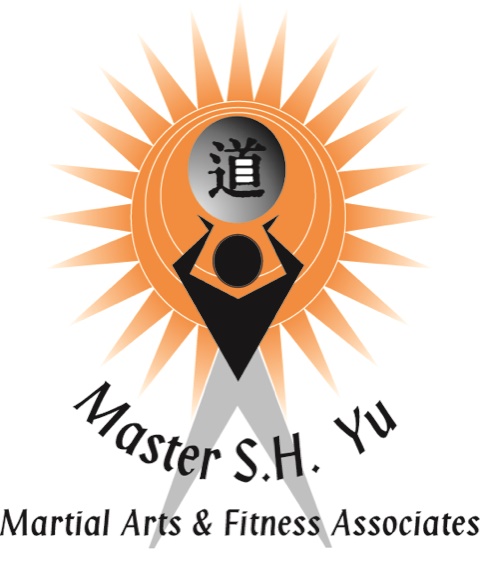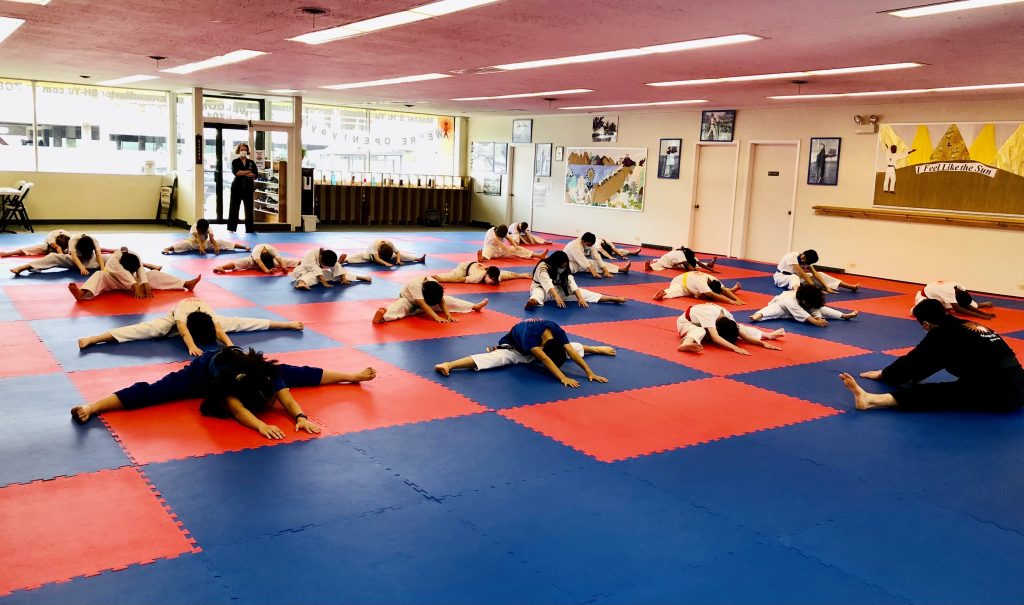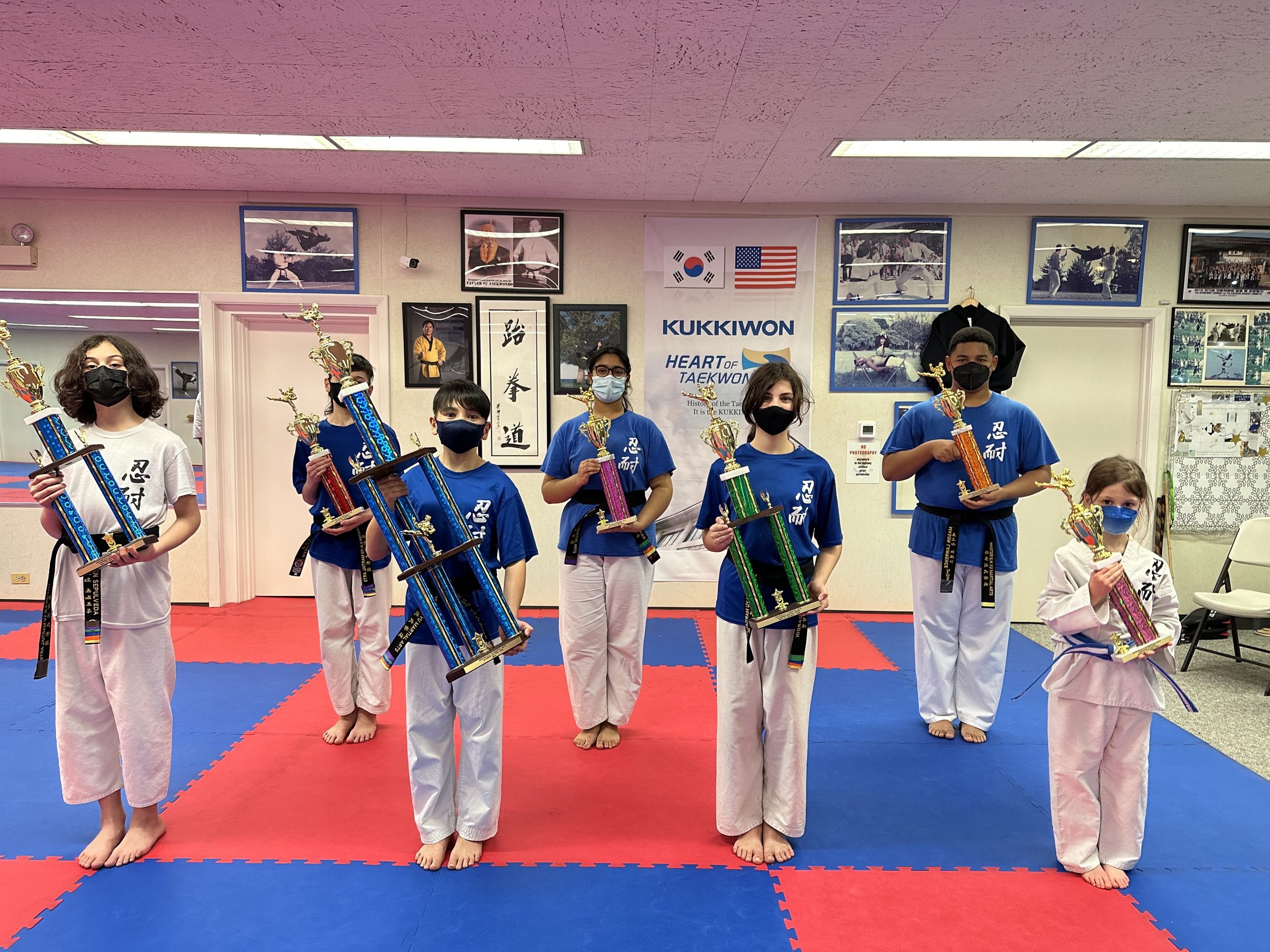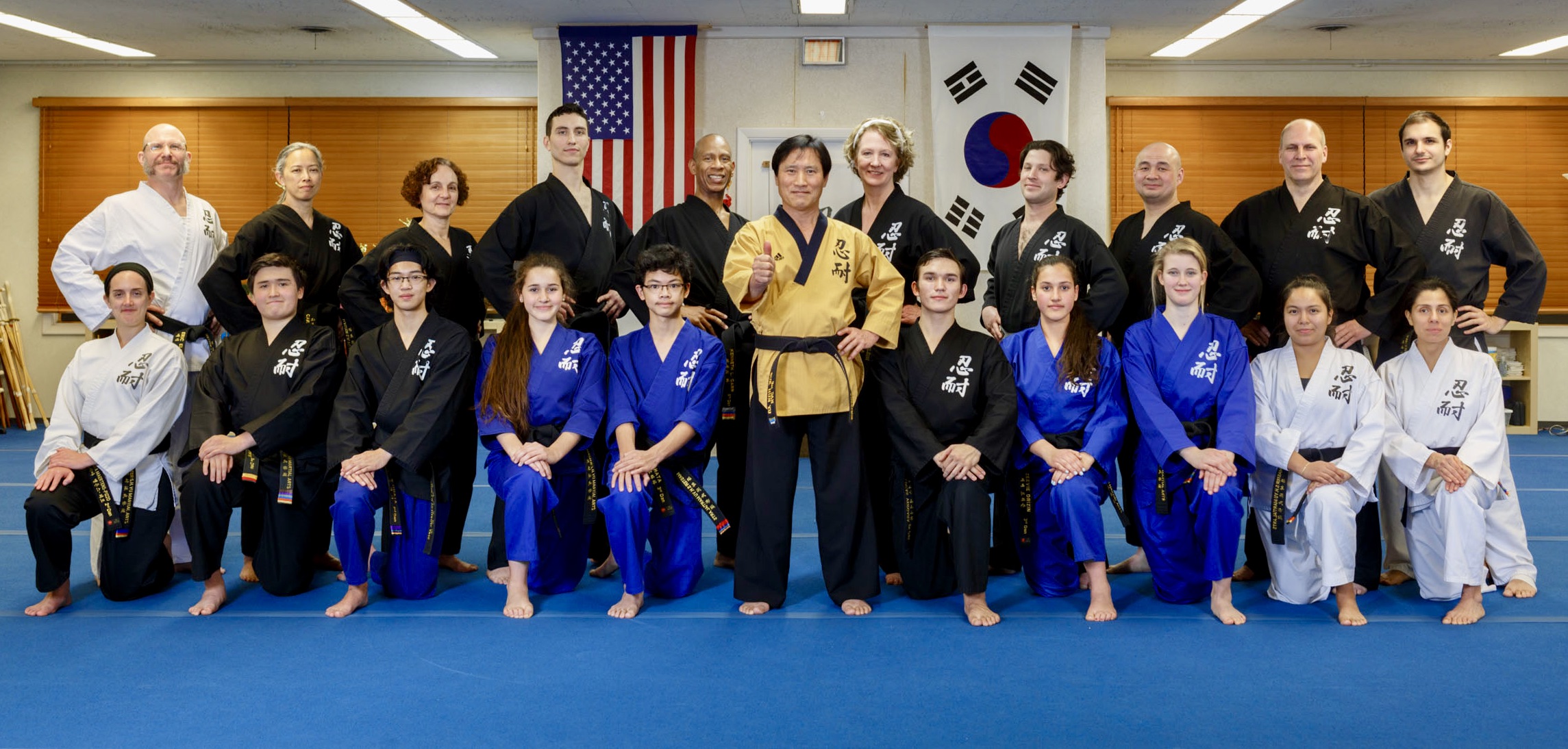
Good Hygiene Rules to Follow in a Martial Arts Studio
Good hygiene is essential not only in daily life but in the martial arts studio. Students who take care of their personal hygiene show utmost respect to their school, their teachers, and fellow students. Here are 9 hygiene rules that every dedicated martial arts student should follow.
A critical component of martial arts training is discipline. Keeping oneself clean and hygienic also demands a high degree of daily discipline. Washing uniforms, trimming toenails, washing hair, sanitizing gear, and washing the gym bag require a commitment to personal health.
The student who practices good hygiene keeps himself physically healthy—but his personal hygiene affects others. In the studio, martial arts students remain in close proximity to students and teachers, even coming into close contact with them. A hygienic student makes a healthy investment in themselves and in their practice.
Illness spreads quickly when students with open sores, respiratory infections, or other health problems train with others in class. Training partners and teachers are susceptible to bacteria or viruses. Rather than show disrespect for the health of peers, martial arts students are obligated to practice good hygiene, just by the nature of our student creed and our vow to, “Preserve Life, Don’t Destroy”!
Good hygiene rules apply to the student’s body as well as to his training equipment. Students who train in the studio must prioritize their health and support the health of those around them. The following 10 rules are not only the student’s responsibility but their duty to the school.
Rule 1: Wash the Martial Arts Uniform
Wearing clean clothes is a must in the martial arts studio. Clean doboks display a degree of discipline and comportment that reflect well on a martial artist’s commitment and dedication. Transmitting infections to training partners is avoided when martial arts students arrive to class clean and ready for the healthy practice of skills and contact with training partners.
Soiled uniforms show a lack of respect for the martial arts discipline. Fellow students and teachers are likewise to feel uncomfortable, making it difficult to foster a friendly learning environment. Wear clean clothes to boost self-confidence and ensure the health of others in the class.
Rule 2: Trim Fingernails and Toenails
All practitioners are required to keep fingernails and toenails short. It is impossible to make a strong fist for blocking and striking: Long nails can harbor and lead to infections through unnecessary cuts & bleeding. Also, Long nails can become caught in a one’s own or a partner’s dobok during partner training, making it difficult to properly execute a technique.
Rule 3: Arrive with Clean Hands and Feet, or Wash upon arrival.
Rule 4: If you’re Sick or Unwell, Please stay Home to Rest and Recover
This rule prevents fellow students and teachers from being exposed to viruses that can cause infections. Students who are sick should simply not go to class until they recover. Staying home does not indicate a lack of commitment; rather, it shows consideration for the health of others.
Rule 5: Shower Before or After Class
Regular showers keep students healthy and clean. This personal hygiene task is essential for reducing the risk of picking up skin irritations and infections. A shower before class is necessary for students who work during the day performing manual labor.
Rule 6: Bring a Spare Set of Clothes
A student’s gym bag should contain a change of clothes. Students work up a sweat when sparring or taking multiple classes.
Packing clean clothes into a dirty gym bag defeats the purpose of washing up and wearing clean uniforms.
Rule 7: Sanitize Equipment
Martial arts equipment, such as mats, protective gear, and targets, are sanitized at Master S. H. Yu Martial Arts after use to prevent the spread of bacteria to the next user. Simply wipe down the equipment with soap and warm water, or our approved disinfectant wipes.
Rule 8: Do Not Share Gear
Share the joy of learning new techniques with fellow students—but do not share their gear. Each student must own a set of gloves, shin guards, and foot guards. Sharing gear only exposes others to germs and bacteria. Show respect for peers by using your own gear.
Rule 9: Tie Hair Back
Male and female students with long hair should tie it back when in class. Long hair can interfere during sparring and can become caught in equipment or a part of the uniform. In addition to hygiene, safety is paramount, as a partner can kneel on long hair when grappling.
 The successful martial arts student practices discipline in his sport and in his personal hygiene regimen. When you aim to learn martial arts at a reputable school, look no further than Master S.H. Yu Martial Arts. We teach martial arts classes to students from kindergarten through adult.
The successful martial arts student practices discipline in his sport and in his personal hygiene regimen. When you aim to learn martial arts at a reputable school, look no further than Master S.H. Yu Martial Arts. We teach martial arts classes to students from kindergarten through adult.
Our valued students are taught techniques in a wide range of disciplines. Students have the option to enroll in our self-defense program, perfect their technique in Tae Kwon Do, discover the art of swordsmanship in our Kumdo classes, or choose hour-long private martial arts training.
Master S.H. Yu Martial Arts offers a clean, hygienic learning environment. Our world-class instructors are dedicated to teaching students proper techniques and helping them continually advance in their martial arts practice. We encourage all our students to realize their full potential.
Feel greater confidence by learning any of the ancient martial arts disciplines at Master S.H. Yu Martial Arts. You’ll develop not only physically but feel stronger mentally. Visit our highly rated martial arts studio in Oak Park, Illinois, and see firsthand how martial arts training will benefit your overall well-being.
Contact us at (708) 383-3456 or pre-register online today to learn more about our martial arts classes.










